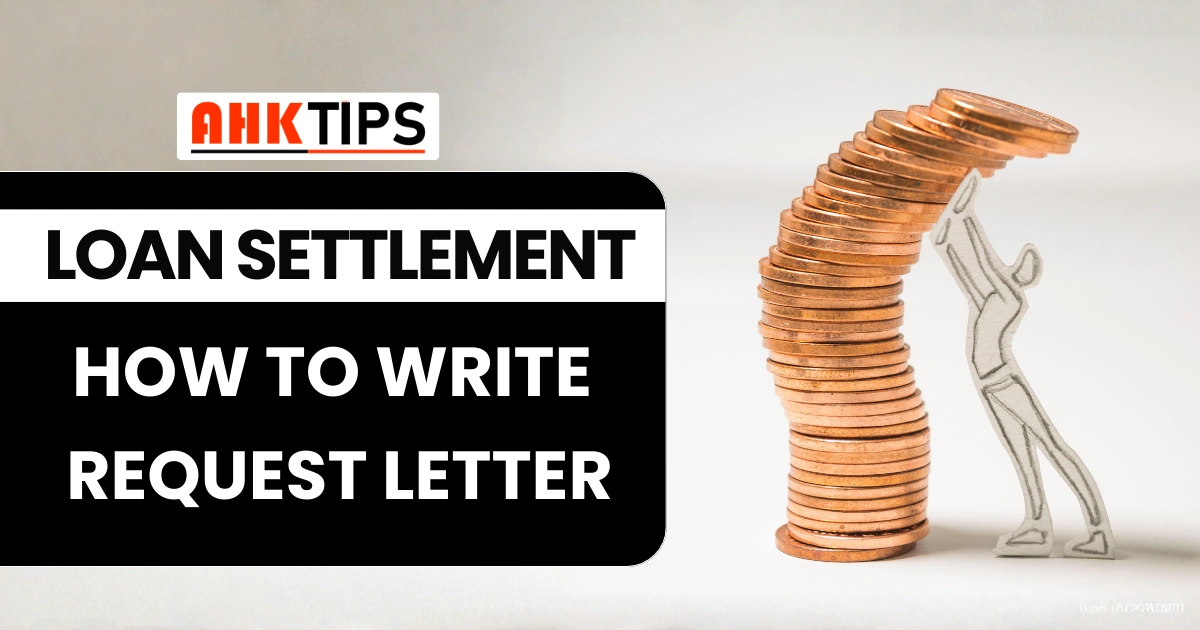





A business loan is often the financial backbone for many small and medium-sized enterprises (SMEs) as it provides the necessary funds to expand operations, cover expenses, or manage cash flow. However, if your business faces unexpected setbacks or cash flow issues, repaying your Yes Bank business loan on time can become challenging. In such cases, loan settlement can be a way to alleviate financial pressure by negotiating a reduced repayment amount with the bank.
Yes Bank offers options for borrowers to settle their business loans when they are unable to meet the full repayment terms. However, loan settlement is a delicate process, and it’s important to understand both the advantages and the consequences before proceeding. This guide will take you through the steps involved in settling a Yes Bank business loan and what you should consider before initiating this process.
Loan settlement is a process wherein the borrower and the bank agree to settle the loan for a lump-sum amount that is lower than the total outstanding balance. This is usually pursued when the borrower is facing severe financial hardship and is unable to repay the loan as per the original terms. Yes Bank, like other financial institutions, offers loan settlement as an option for business borrowers who are struggling with repayments, but only after assessing the borrower’s financial situation.
While settling a loan can relieve you of immediate financial stress, it comes with its own set of disadvantages, including an adverse effect on your credit score.
You may consider settling your Yes Bank business loan under the following circumstances:
Before approaching Yes Bank for a loan settlement, you should evaluate your business’s financial situation. Understand the following aspects:
Once you have assessed your finances, the next step is to contact Yes Bank’s loan or recovery department. Here’s how you can approach them:
Once the bank reviews your case, the next step is to negotiate the terms of the settlement. The bank may offer to reduce the outstanding balance in exchange for a one-time lump-sum payment. Some key points to consider during the negotiation process include:
Once both parties agree on the settlement amount and terms, ensure that the agreement is documented. The written settlement agreement should clearly outline:
Once you’ve made the agreed-upon payment, Yes Bank will issue a Settlement Certificate or No Dues Certificate. This is an important document, as it officially confirms that the loan has been settled and that the bank will not pursue any further claims on the outstanding balance.
Ensure that this certificate is issued in writing and that your credit report is updated accordingly.
Settling a business loan, while beneficial in the short term, can have long-term consequences on your creditworthiness. Here’s how settlement affects your credit:
Before opting for settlement, it’s important to explore alternatives that may be less damaging to your credit score. Here are some options:
Yes Bank may offer loan restructuring as an alternative to settlement. Restructuring involves modifying the loan’s terms, such as extending the repayment period, lowering the interest rate, or offering a moratorium on payments for a specific period. This option helps make the loan more manageable without the negative consequences of settlement.
If you have a good relationship with another lender, you can consider refinancing your Yes Bank business loan at a lower interest rate. This allows you to repay the loan under more favourable terms, avoiding the need for settlement.
Seek advice from a debt counsellor or a financial advisor to explore solutions tailored to your business’s financial needs. They can help you negotiate better terms with the bank or create a repayment plan that avoids the need for settlement.
Before moving forward with a settlement, take the following factors into account:
Settling a Yes Bank business loan is a viable option for borrowers who are facing severe financial difficulties and cannot continue repaying their loans as per the original terms. However, it is important to weigh the short-term relief against the long-term impact on your credit score and future borrowing capacity. Consider exploring alternatives such as loan restructuring or refinancing before opting for settlement.
Ultimately, if settlement is the best solution for your situation, approach the process carefully, negotiate terms that you can afford, and ensure that you obtain a settlement certificate to close the loan officially.
Que: Can I negotiate the settlement amount with Yes Bank?
Ans: Yes, you can negotiate the settlement amount with Yes Bank. The bank may agree to settle for 50% to 70% of the outstanding balance, depending on your financial situation.
Que: How long does the settlement process take?
Ans: The settlement process can take between 30 to 60 days, depending on how quickly you can reach an agreement with the bank and make the payment.
Que: Will my credit score be affected if I settle the loan?
Ans: Yes, settling a loan will negatively impact your credit score. The loan will be marked as “settled” on your credit report, which indicates that the loan was not fully repaid.
Que: Should I opt for loan settlement or restructuring?
Ans: Loan restructuring is generally a better option if you can still afford to make reduced monthly payments, as it does not have the same negative impact on your credit score as settlement.
Que: What happens if I cannot settle the loan?
Ans: If you are unable to settle the loan, Yes Bank may pursue legal action to recover the outstanding amount, which could involve asset seizure or other recovery methods.
Previous Post
